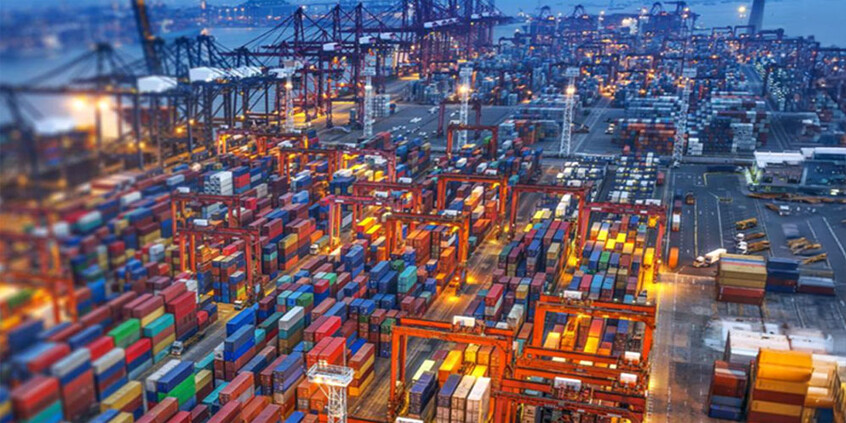
Foreign trade: The hottest topics in 2025
International trade will continue to face new challenges this year. We’ve asked four foreign trade experts from AEB about their most relevant topics for 2025.

International trade will continue to face new challenges this year. We’ve asked four foreign trade experts from AEB about their most relevant topics for 2025.
Steve Kunzelmann from AEB’s Customs Heroes is an expert in international trade and customs. His most relevant topic for 2025: What will be the impact of Donald Trump's new presidency - especially for companies that export to the USA? Companies should prepare now for potential punitive tariffs. Steve recommends calculating potential additional costs from new tariffs and evaluating strategies such as shifting production locations, so that "Companies should have a Plan A and a Plan B, at least, to react more flexibly."
Dr. Ulrike Jasper is a lawyer and a recognized trade compliance expert. She has overseen foreign trade law at AEB SE for more than 15 years. In her opinion, the most important topic for 2025 remains the continued relevance of effective trade compliance management.
Sanctions related to Russia’s war against Ukraine will continue to affect companies. "I expect further sanction packages in 2025," says Ulrike. She sees no easing of restrictions — even if the war were to end this year.
Even companies that do not conduct business with Russia must deal with these regulations, as they also contain provisions for trade with other countries — the No-Russia clause, for example.
Additionally, decision-makers should keep an eye on developments in U.S. re-export control law. While there are unlikely to be structural changes compared to the Biden administration, communication with U.S. authorities could become more difficult — just as it was during Trump’s previous term. Back then, EU companies faced challenges in obtaining clarity and understanding of how U.S. re-export control law should be applied.
"It is essential to regularly review your customs processes for risks and opportunities," says Carsten Bente, senior consultant and expert in customs and global trade at AEB. The economic conditions in customs law are constantly changing, affecting businesses involved in international trade.
For Carsten, one procedure stands out as a way of making processes more efficient: The use of centralized customs clearance. For example, the German customs administration is now equipped for the trans-European AES system (Automated Export System). This enables companies to handle customs formalities at one central customs office, even if goods enter or leave the EU at different locations. Businesses benefit from standardized and simplified customs procedures, as they no longer need to interact with multiple customs offices in different countries.
Dr. Ulrich Lison is a member of the Executive Board at AEB and is responsible for product strategy in the field of foreign trade. He brought back an innovative approach from the WCO 2024 conference for the new year, which aims to improve cooperation between economic operators and public authorities.
The key idea: A shared understanding of data spaces to enhance efficiency, security, and fair competition. The goal is to break down barriers between businesses and customs authorities. Challenges such as product liability, health protection, and consumer safety in imports can only be addressed by linking business data with customs expertise. An EU Data Hub could provide a solution. A thorough exchange between authorities and the private sector is crucial so, together, they can overcome obstacles and create fair competition.